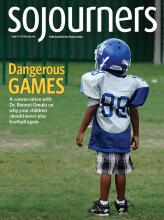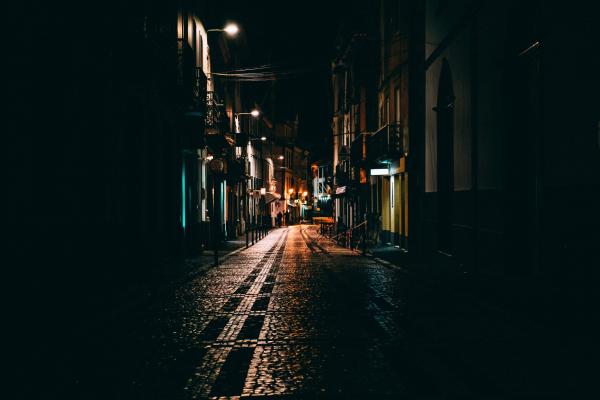SEPTEMBER'S READINGS ARE challenging and provocative. They call us out of our comfort zones, demanding that we examine our lives carefully in light of what it means to be a follower of Christ. In the story of the Syrophoenician woman, we glimpse Jesus speaking harshly to someone seeking his help. However, we also see what happens when that woman refuses to remain silent: Jesus answers her request. Her daughter is cured; life is restored. Who are the people who seek our help? As we read the news, whose lives and deaths reach out to us? And how do we answer them? If we dare to call ourselves Christians, then turning away from them is not an option.
The gospels show us that witnessing to God’s love in our world demands entering into the margins, the places where human tradition masking as religion tells us that God is not to be found. As feminist theologian Marcella Althaus-Reid notes, we must venture down the “dark alleys” to find God in lives and bodies too often deemed “indecent.” For those of us who like to patrol the boundaries of decency and indecency, we need to ask ourselves if such borders stem from God or from human traditions such as sexism, racism, classism, homophobia, and ableism. For those of us whose bodies and lives are called “indecent,” the challenge becomes to exorcise the demons of self-doubt and internalized oppression that we carry within ourselves. It is only then that we can answer Jesus’ question: “But who do you say I am?”
Read the Full Article

